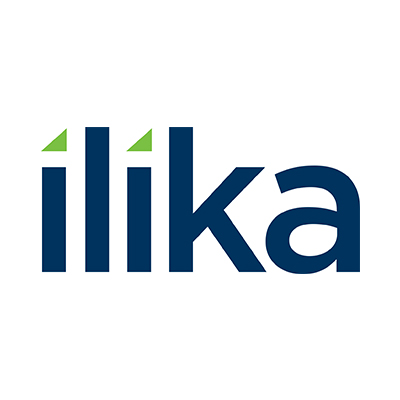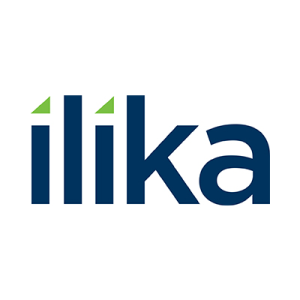Electric vehicles are constantly evolving, offering improvements over time, yet they continue to face scepticism from consumers. Many households remain hesitant to give up their traditional petrol and diesel cars due to concerns surrounding electric vehicles’ range, charging times, and safety. Despite a rise in electric vehicle sales by 13.2% over the year, a YouGov poll revealed that over half of petrol or diesel car owners held false beliefs about electric vehicles. These misconceptions, such as the belief that electric cars are more prone to catching fire than petrol vehicles, have slowed down adoption.
In response to these concerns, Ilika PLC is positioned to provide some reassurance to those hesitant about electric vehicle safety. Recent tests of Ilika’s Goliath solid-state battery prototype have shown it to be significantly safer compared to current lithium-ion batteries. A nail penetration test conducted last month demonstrated that the Goliath battery did not explode or catch fire, unlike many lithium-ion batteries, which can reach temperatures exceeding 600 degrees Celsius. By comparison, Ilika’s battery remained below 80 degrees. Chief executive Graeme Purdy emphasised that while electric vehicles today are safe, additional protective measures in lithium-ion batteries, such as mechanical reinforcements and cooling systems, add weight and cost. By adopting a safer battery design like Goliath, these extra measures can be reduced, leading to lighter and potentially cheaper vehicles.
The Goliath solid-state battery offers a solution not just to safety concerns, but also to issues of weight and cost. Unlike traditional lithium-ion batteries, which rely on a liquid electrolyte solution, Ilika’s technology uses solid electrolytes, making their batteries more energy dense. This allows them to store more power while remaining lighter, and their ceramic-based design also makes them easier to recycle. Testing conducted by University College London supported the notion that Goliath’s design outperforms lithium-ion batteries in safety.
Beyond safety, Ilika’s solid-state batteries also offer longer driving ranges and comparable charging times to the best lithium-ion products currently available. Analysts at Panmure Liberum believe that the potential of this technology has not yet been fully recognised by the market. With several developments in Ilika’s core divisions expected in the next 18 months, they anticipate the company’s value to be reflected in its share price in the near future.
As interest from car manufacturers and original equipment manufacturers grows, Ilika is now focusing on scaling up production. The company reported evaluation agreements with 17 companies, as well as a collaboration with Tata Group’s Agratas battery business, which could lead to longer-term partnerships and the possibility of gigafactory-level production.
Following these positive developments, Ilika’s house broker Panmure reiterated a ‘buy’ rating for the company, with a 70p share price target representing a 280% potential upside. Alongside Goliath, Ilika is expected to benefit from the growing demand in the electric vehicle battery market, which is projected to reach £9 billion by 2030. While the pace of electric vehicle sales has slowed somewhat, they continue to increase, and advancements in battery technology, such as improved safety and performance, will likely drive further demand.
Purdy summed up the significance of the Goliath batteries’ advantages, highlighting that lighter vehicles have a longer range and cost less to manufacture, with safety benefits that should not be overlooked.
As electric vehicle technology continues to advance, the development of safer and more efficient batteries like Ilika’s Goliath solid-state battery is key to addressing consumer concerns and further driving adoption. With ongoing efforts to improve both the performance and production capacity of these batteries, the future of electric vehicles looks increasingly promising.
Ilika plc (LON:IKA) is a pioneer in solid state battery technology enabling solutions for applications in Industrial IoT, MedTech, Electric Vehicles and Consumer Electronics.


